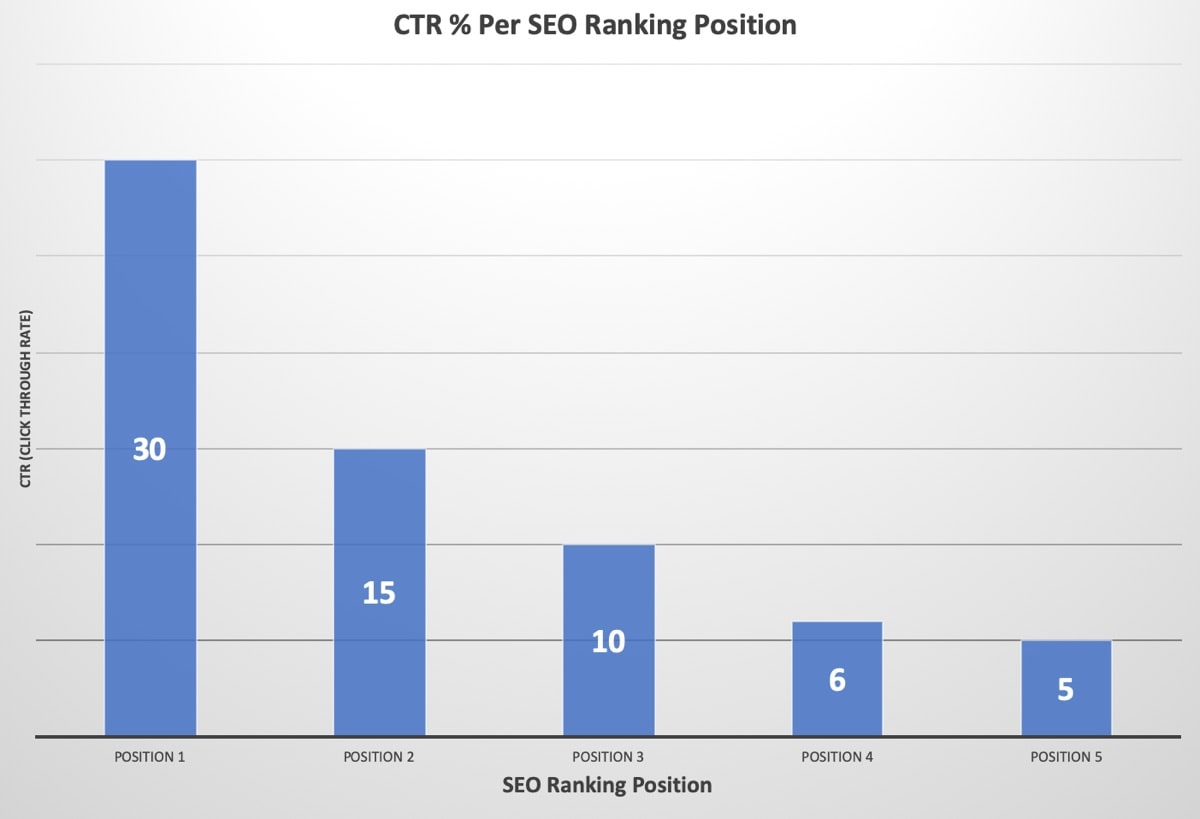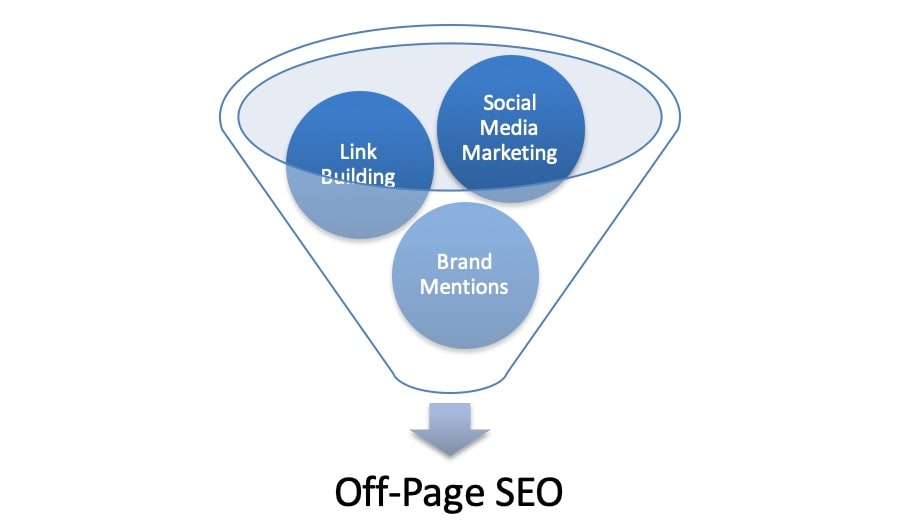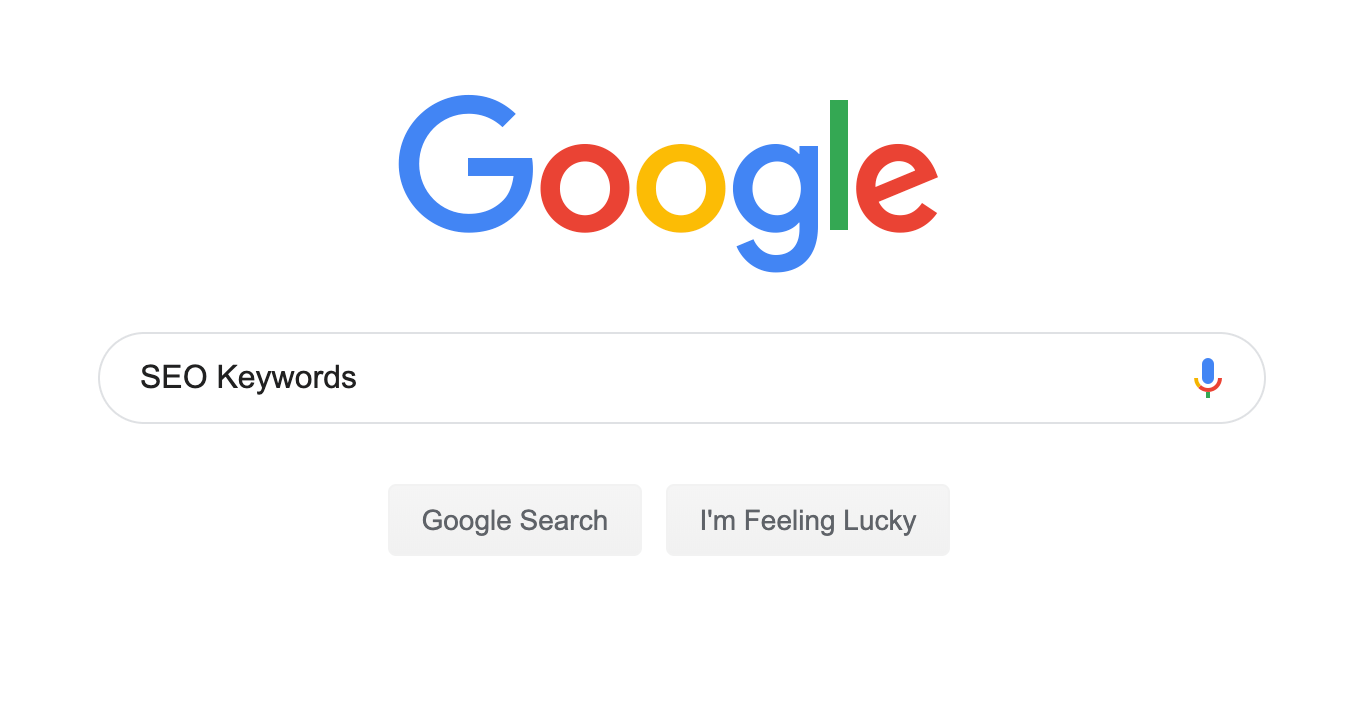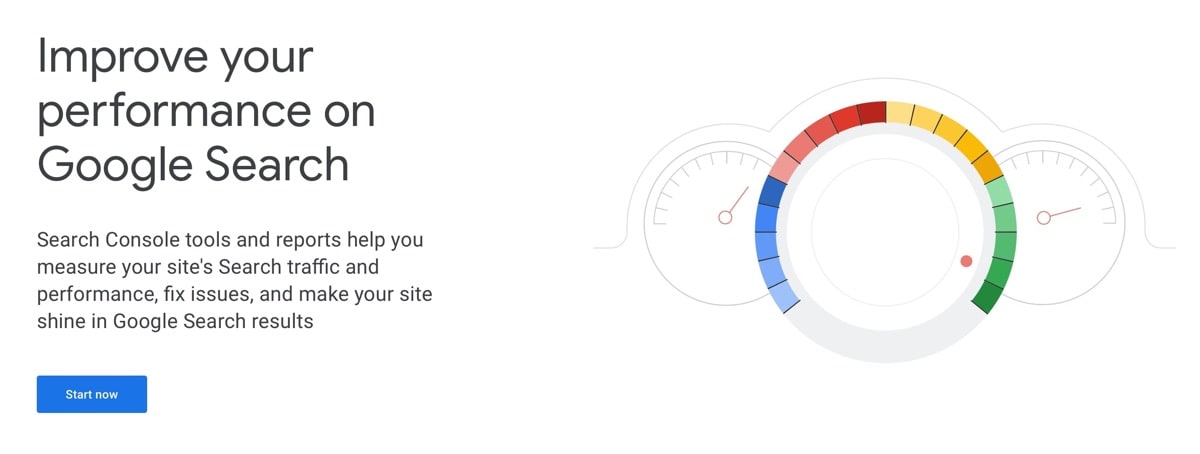To get traffic to your site from search engines, you need an SEO optimized website. To optimize a website, you need to know the fundamentals of search engine optimization, and this is exactly the purpose of this post.
In this guide, you’ll learn the basic SEO concepts, understand which are the most important SEO success factors and get a list of resources to help you expand your SEO knowledge beyond the fundamentals.
The following topics are covered:
- What is SEO?
- How Search Engines Work
- Search Engine Ranking Factors
- SEO Friendly Web Design
- SEO Keywords and Keyword Research
- Webmaster Tools
- SEO Success Factors
What is SEO?
Let’s start with a definition of SEO.
What do we mean exactly when we talk about Search Engine Optimization?
SEO is the process of optimizing a website for search engines. The ultimate goal of SEO is to rank a website in the top positions of the search engine organic results.
In other words, with SEO you can make a website appear on top of Google results when someone enters a relevant search term in the Google search box.
Why is this important?
Websites that rank in the top of positions of the organic results (that excludes paid ads shown on top of the results), and in particular in one of the top 5 positions, get the majority of search engine traffic – also known as organic search traffic.
This means that if you want your website to get found on Google, it needs to appear high in the SERPS (search engine results pages).

How SEO Works?
To optimize a website for search engines, you need to follow a set of rules and adjust your website’s infrastructure accordingly so that search engine crawlers can access and index your website without any problems. This is generally known as technical SEO.
The next step is to give them the right signals through your content as to which keywords you want your website to appear in the results. This is known as On-Page SEO.
Finally, for a website to rank high on Google, it’s important to have references (links) from other websites. Links in SEO act as ‘votes of trust’ and they can positively influence the ranking position of a website. In SEO terminology this is known as off-page SEO.
Resources to Learn more about SEO
How Do Search Engines work?
Now that you have a general idea of what is SEO and how it works, it’s highly recommended that you allocate a few minutes to learn more about how search engines work.
Why?
Knowing the different steps that search engines take from the time they find a website on the Internet to the point that they show the results for a particular search query, can help you understand the role that SEO rules have to play in each stage.
In a nutshell, search engines perform their work in three stages: crawling, indexing, and ranking.
Stage 1: Crawling
During this stage, search engines crawl the web to discover new pages. When they find a new website, they first check which pages they are allowed to read and index. This is defined in a file called robots.txt located in the root folder of a website.
Crawling starts from the homepage and then they follow any links (either internal or external) to discover more pages. They can also make use of the XML sitemap which is an XML file that lists all pages that should be read by search engines.
Stage 2: Indexing
During the indexing process, search engines extract specific information from a website (and all individual pages) and store it in their index.
They extract things like: the page title, description, type of content, associated keywords, number of internal links, images, videos, etc.
It is important to understand that search engines don’t store a page’s content in their index but only the information needed for the ranking process. Google describes this process as the index of a really large book.
Stage 3: Ranking
This is the stage where they make decisions as to which pages they will show in the search results for a particular search query and in what order.
For this process, they use a number of algorithms, which are a combination of machine learning (RankBrain), natural language processing (Bert) and manual rules defined by the ranking engineers.
Resources to Learn more about Search Engines
Search Engine Ranking Factors
As mentioned above, during the ranking process search engines consider a number of rules to decide which pages to show in the SERPS and in what order.
These rules are known in the SEO world as Search Engine Ranking Factors. In simple terms, these are the factors that play a role in the ranking position a website will appear for a search query.
Google has mentioned many times that they use more than 255 rules during this process and this is their secret sauce.
Nobody knows the exact ingredients but over the year’s SEO engineers have identified through analysis and testing the critical SEO factors.
The most important are:
- Quality of the content
- The reputation of the website and author
- Number and type of incoming links
- Other SEO factors
Content Quality
Content quality comes first. Google wants to keep its users happy and they are doing their best to show to users’ websites that satisfy their intent.
Google became very good at this and if a website fails to keep users happy, it will be eventually removed from the top positions.
So, publishing content that users want to read and engage with, is a fundamental SEO concept. If you fail to do that then you should not have any expectations in terms of high rankings.
The reputation of the website and author
The Internet is a free publishing platform. Anyone can publish an article about any topic and pretend to be a doctor or expert about a subject. This can sometimes be dangerous (for example when it comes to health-related topics) and misleading.
Google wants to protect its users from getting misleading information so they incorporated in their ranking algorithms rules to help them identify websites and authors that have a good reputation.
They introduced the concept of E-A-T, which stands for Expertise, Authoritativeness, and Trustworthiness.
In simple terms, this means that Google is trying to rank websites that are proven to have authority and expertise about a topic and websites that are trusted by users.
To do that they use a number of signals which include what the other websites on the Internet think about a particular website or author.
For example, when you search for a health-related query on Google, you expect to find an article that is written by an experienced doctor and not someone that is enthusiastic about it. You want to read an article based on facts and research and not the sole opinion of the author.
What does this mean for SEO? Two things:
First, as a beginner to SEO, you should understand that a website cannot rank for any search terms but it has to prove that it is an area that they have expertise and authoritativeness.
Second, it’s not enough to say that you are an expert about a topic but other websites should think the same. In SEO this is expressed as links and online mentions.
Number and Type of Incoming Links
I’ve mentioned above that links in SEO act as ‘votes of trust’ of one website to another. This is the fundamental concept that made Google the most popular search engine.
Google’s founders came up with the idea that websites that have incoming links from other websites are more important and thus deserve to rank higher in the search results.
It’s like when doing research for an academic paper and you are asked to cite your sources. Studies that have more citations are more important than studies with fewer citations.
I know from experience that beginners find it difficult to understand the concept of backlinks and its importance to SEO.
What you need to understand is that for a website to rank high in the results for competitive terms, it needs to have links (references) from other related sites.

It’s not actually a number game i.e. which website has the most backlinks but from where these backlinks are coming.
For example, an article about bitcoin and this is referenced by Forbes, Inc and other related publications are more likely to rank higher than an article that has references from unknown websites.
Google can recognize that Forbes and Inc are experts on financial topics and since these websites are trusting the particular article, Google will trust it to.
The concept of links and their relationship to rankings is closely related to the concept of E-A-T described above.
Other SEO Factors
Besides links, there are other factors that are important for rankings like:
- Website Speed – how fast a website loads especially on mobile
- Mobile Friendliness – how well a website can be used on mobile
- Website security – websites with secure communication (https) are preferable than websites that have no SSL installed
- User experience – websites that offer a bad experience to users through the use of extensive popups and banners are less likely to rank high in the search results
Resources to Learn more about Ranking Factors
SEO Friendly Web Design
Another basic SEO concept has to do with website design. Having an SEO friendly website makes the job of search engines easier and this increases your chances of ranking.
When we talk about website design, we don’t refer to how a website looks or the colors used but on other factors like:
- The website structure
- Menu structure
- Accessibility features
- URL structure
- UX and Navigation structure
- Internal link structure
A website that is easy to use by users on any device and at the same time is easy for search engine crawlers to access it and understand its content, is the winning combination.
Resources to learn more about Web Design
SEO Keywords and Keyword Research
When you start learning SEO, you will many times come across the terms: ‘keywords’ and ‘keyword research’.
The reason is simple, everything in SEO starts with a keyword. Users make use of search engines to find information and do that, they enter search queries into the search box.
Some of the words used in search queries have a specific meaning and some are used more often than others and these are known in SEO as keywords.

Keywords help us understand what the user wants and it’s our job as SEO specialists to provide them with content that satisfies their intent. This is what SEO is all about.
To find out what keywords are used for any topic we need to do our research and this process is known as keyword research.
With keyword research, you can find out how often a keyword is searched; how competitive a particular keyword is and what other search terms are associated with the particular keyword.
There are various keyword research tools you can use to get this information and prepare a content marketing plan to provide users with the type of content they want to read.
Resources to learn more about Keywords and keyword research
Webmaster Tools

When you start working with SEO, you need to know how your SEO campaigns are performing. You need to know things like:
- How many pages of your site are indexed by search engines
- Which keywords trigger your site to show in the results
- How many people visited your site from search engines and for which keywords
- If there any issues during the crawling process and why some of your pages could not be indexed
- What is the average position of your site for particular keywords
You can get the answers through webmaster tools. All major search engines give website owners access to a number of tools and reports to help them understand how their websites are performing in search.
Resources to learn more about Webmaster tools
SEO Success Factors
Hopefully, by now you should have a very good idea of what is SEO and how it works. The fundamental SEO concepts explained above are the basic principles of search engine optimization.
SEO is not hard to learn. It may look complicated in the beginning but once you get to know the basics and start practicing SEO, everything starts to make sense.
Reading this article was the first step. You can now make use of the resources above to learn more about each concept. For a more comprehensive guide, check out our SEO full course. It includes everything you ever need to know about SEO.
To help you succeed with SEO, I will outline below the most critical SEO success factors.
Having these clear in your mind from the beginning will help you concentrate on things that can make a real difference in your rankings.
Websites that rank high on Google have the following characteristics:
- They have content that satisfies the intent of the user
- They are free of technical SEO errors
- They demonstrate high levels of E-A-T
- They are referenced by other websites that also demonstrate E-A-T
- They are fast, mobile-friendly and easy to use.
If you work on creating a website that satisfies the above requirements, SEO success is almost guaranteed.





This article is very helpful and it also open my eyes to further learning.
Thanks.
Thanks for sharing this useful article. It’s really helpful for all of us. If somebody wants to brush up SEO basics this information will help a lot. If anybody wants to start learning SEO or want to boost own SEO skills, this article will help.
Hi Diana
Thanks for your comment. Glad you liked it!
Alex